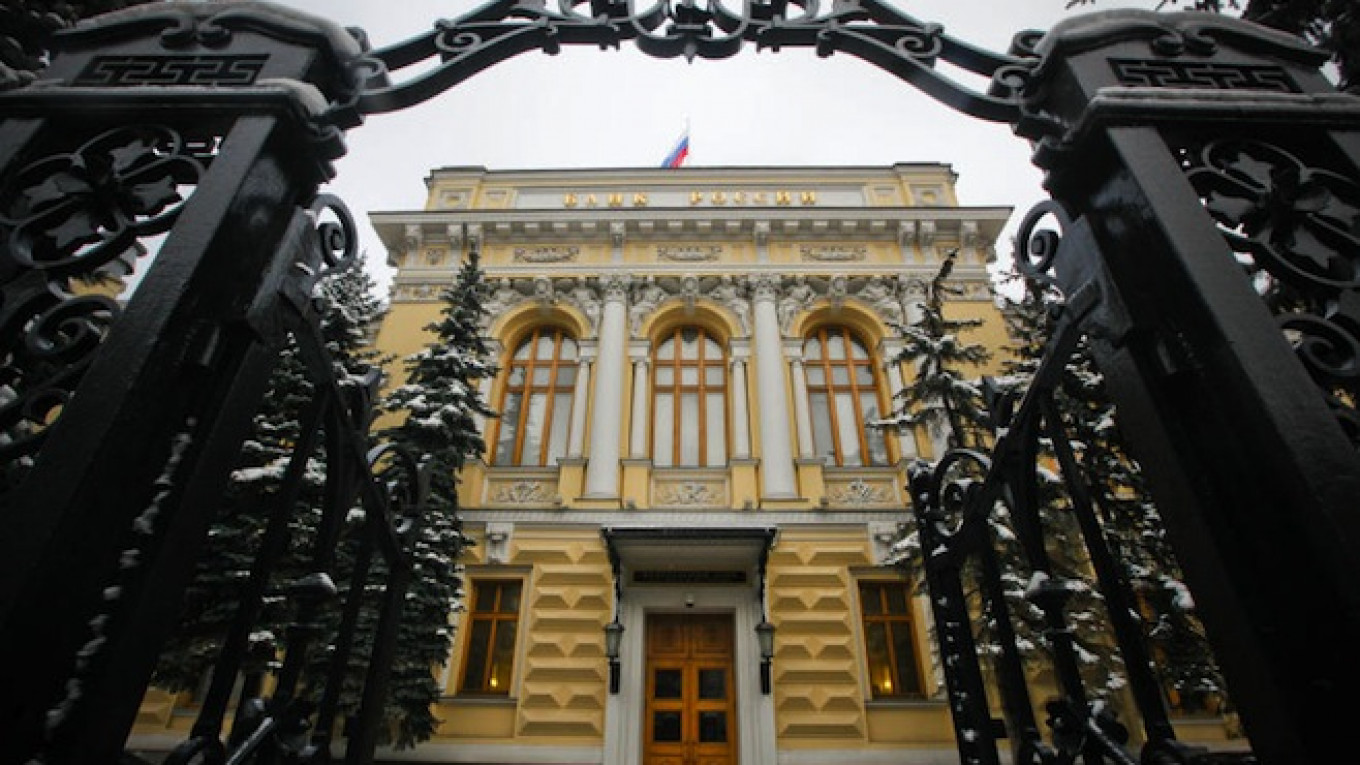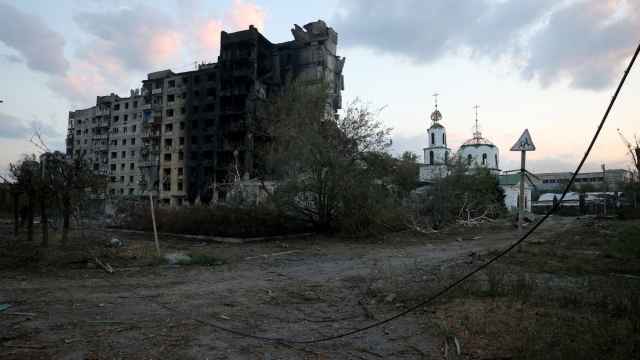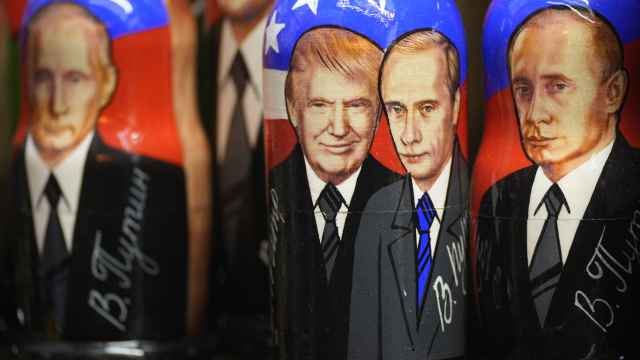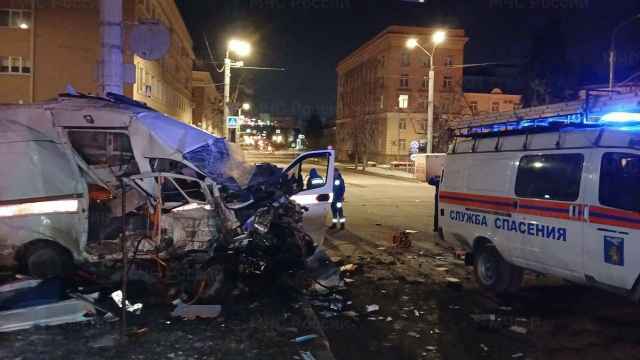Russia's Central Bank raised its key interest rate by 50 basis points on Friday in an unexpected move and said it could raise rates further, citing concerns about high inflation and geopolitical tensions — an apparent reference to Ukraine.
Russia has been hit with sanctions over its involvement in the Ukraine crisis, which sent domestic stocks and the ruble tumbling earlier this year.
The bank's decision brings the central policy rate, the one-week minimum auction repo rate to 8.0 percent, after cumulative rate hikes of 200 basis points in March and April.
"Inflation risks have increased due to a combination of factors, including, inter alia, the aggravation of geopolitical tension and its potential impact on the ruble exchange rate dynamics, as well as potential changes in tax and tariff policy," the Central Bank said in a statement.
In June, the year-on-year consumer price growth rate increased to 7.8 percent and core inflation grew to 7.5 percent, well above the Central Bank's forecast for up to 6.5 percent for the whole of the year.
The ruble firmed on the news, rising by nine kopecks, to trade at 35.04 against the dollar.
"The main reason for inflation acceleration was the effect of the observed ruble depreciation on prices of a wide range of goods and services," the Central Bank said.
It also said that "external political uncertainty" is having a negative impact on domestic activity.
"Investment demand remains weak amid low business confidence, limited access to long-term financing in both international and domestic markets, and declining profits in the real sector," the Central Bank said.
"If high inflation risks persist, the Bank of Russia will continue raising the key rate," it added.
See also:
Russian Stocks Hit 2-Month Low After Plane Downed in Ukraine
A Message from The Moscow Times:
Dear readers,
We are facing unprecedented challenges. Russia's Prosecutor General's Office has designated The Moscow Times as an "undesirable" organization, criminalizing our work and putting our staff at risk of prosecution. This follows our earlier unjust labeling as a "foreign agent."
These actions are direct attempts to silence independent journalism in Russia. The authorities claim our work "discredits the decisions of the Russian leadership." We see things differently: we strive to provide accurate, unbiased reporting on Russia.
We, the journalists of The Moscow Times, refuse to be silenced. But to continue our work, we need your help.
Your support, no matter how small, makes a world of difference. If you can, please support us monthly starting from just $2. It's quick to set up, and every contribution makes a significant impact.
By supporting The Moscow Times, you're defending open, independent journalism in the face of repression. Thank you for standing with us.
Remind me later.






